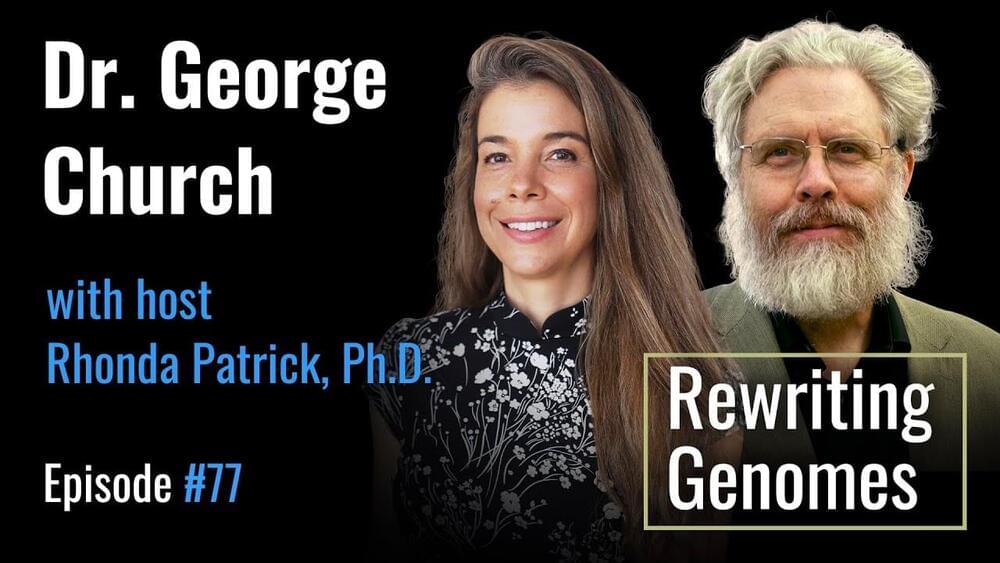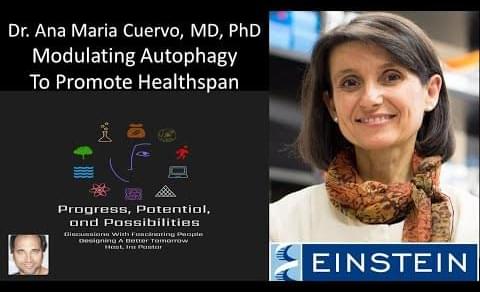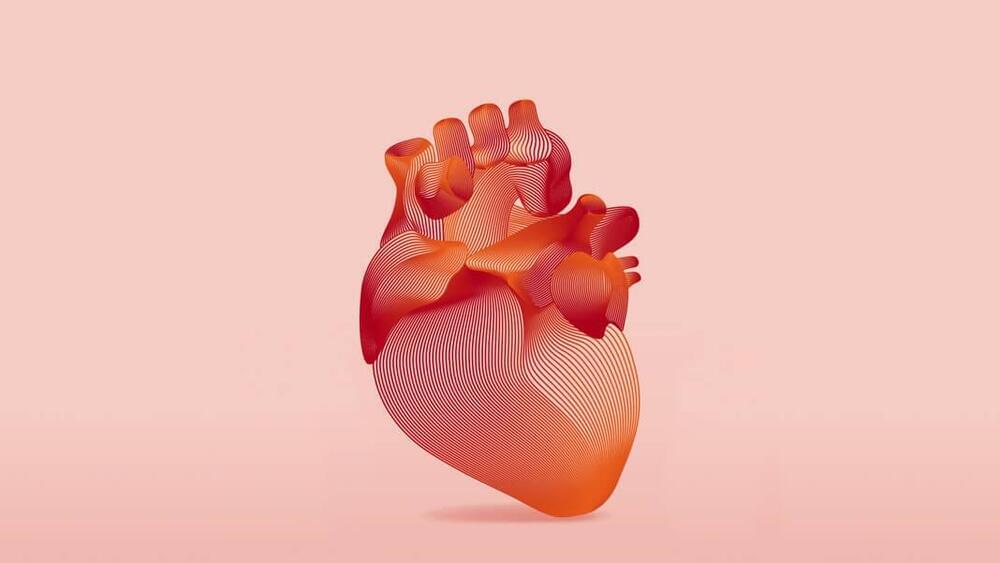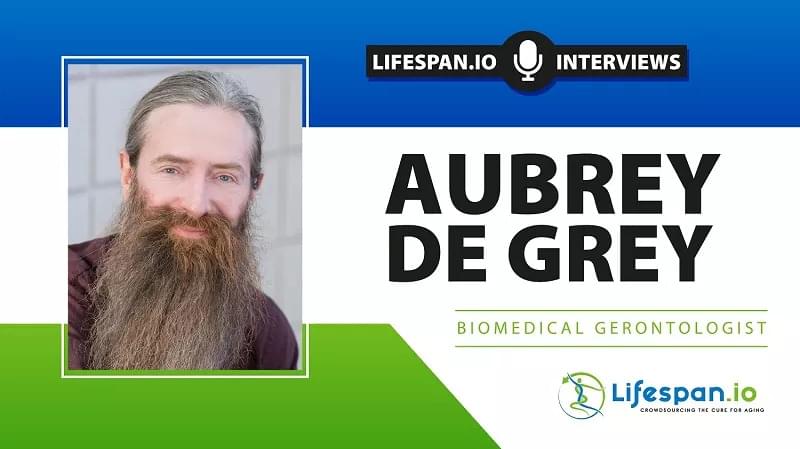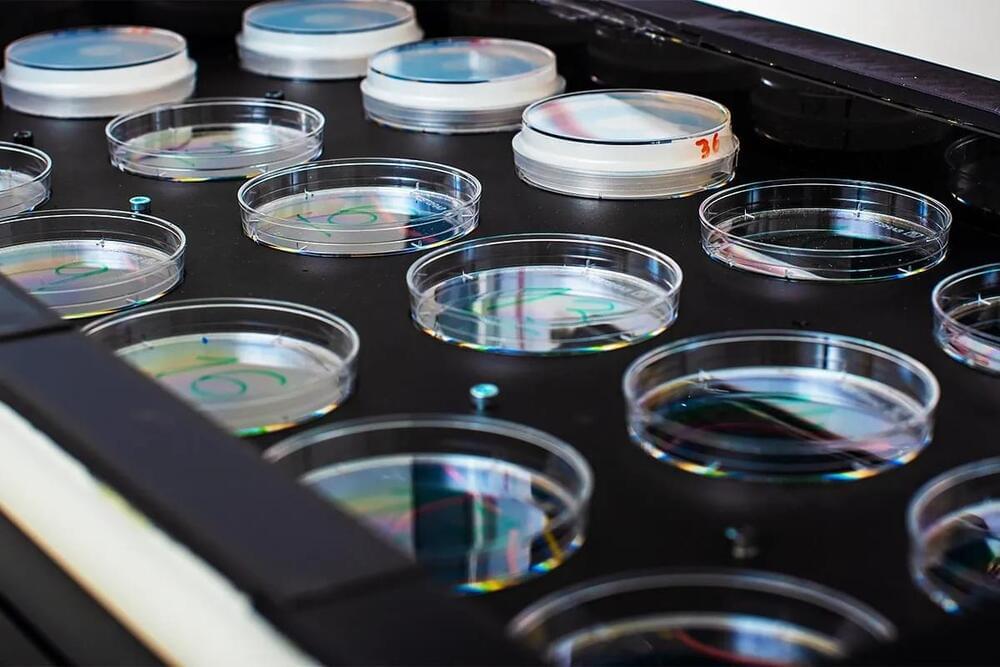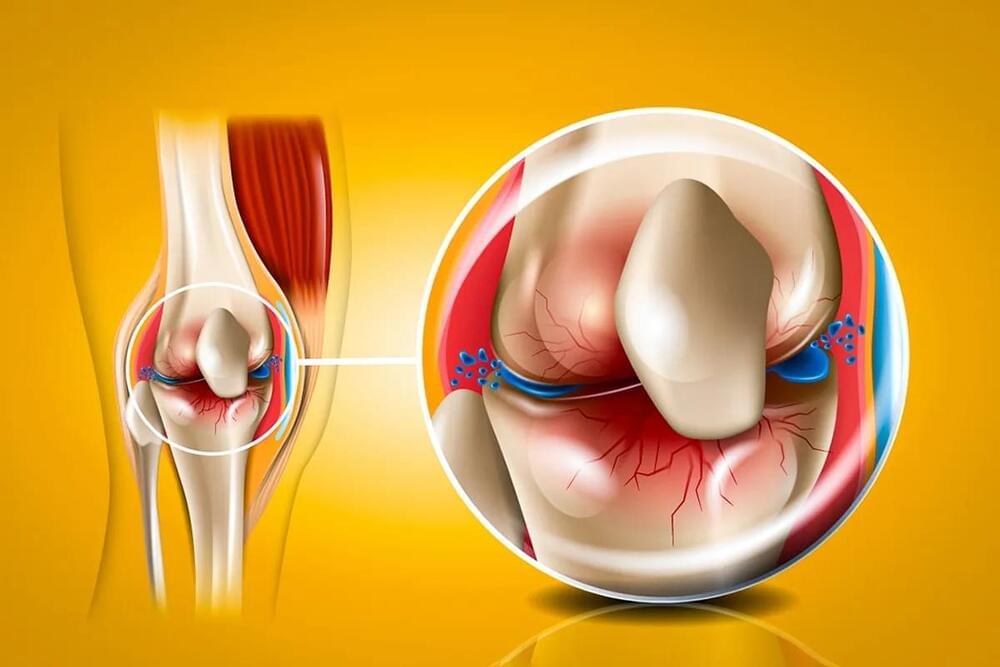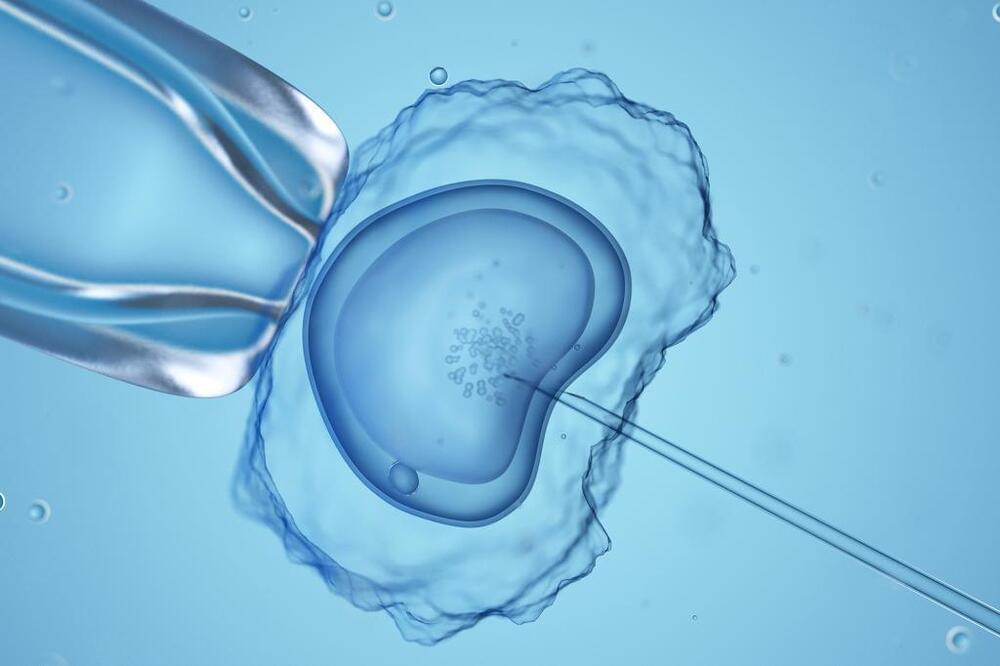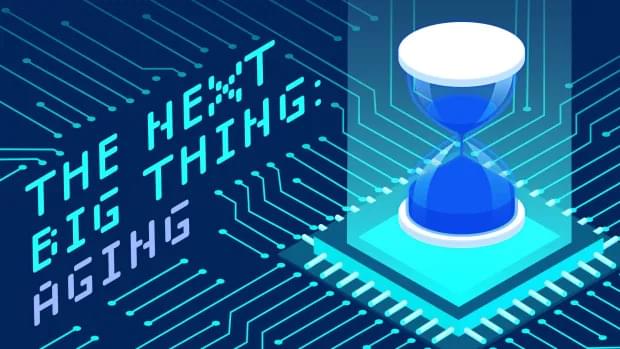Aug 24, 2022
Life is better than death, bruh (Wanting to live longer)
Posted by Kelvin Dafiaghor in categories: biotech/medical, life extension
Talking about some of the ideas and philosophy surrounding life extension technologies. Our own psychology and coping mechanisms that view death as a good thing. The same way we used to see some diseases as a part of a gods plan. As soon as we cured these diseases, somehow they were not a part of gods plan anymore. The same will happen with aging and death, and that is just a matter of time. Picking apart some of the ways of thinking that suggest a longer life would be a boring or bad thing. We live for all of the pleasant and amazing experiences that we can have in the world, what else could possibly matter more. The end and absence of meaning (death) does not give life meaning. It is life that gives life meaning.

